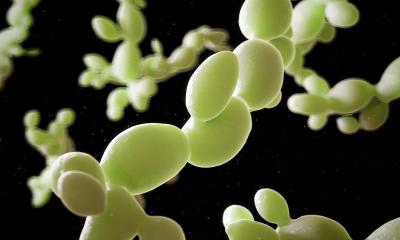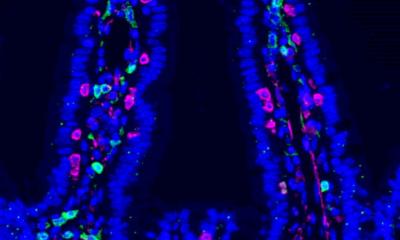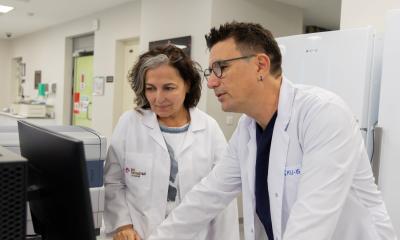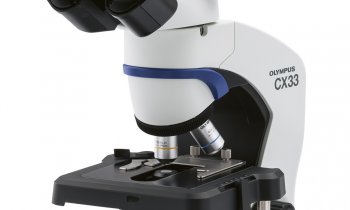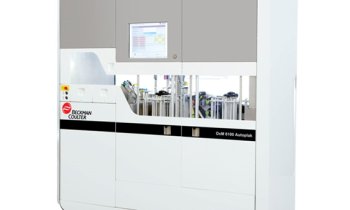Clinical immunology
Dr Manole Cojocaru, senior researcher and President of Romania's 2nd National Symposium Inflammation 2006 describes discussions on the understanding of inflammatory diseases
The fundamental role of inflammation in almost all disease processes has been increasingly recognised over several years.

An inflammatory response is the body’s attempt to restore and maintain homeostasis after injury; it is integral to body defence. Inflammation is essentially beneficial. However, excessive or prolonged inflammation can be harmful. Researchers and physicians have been redefining heart disease, Alzheimer’s and even diabetes and obesity as inflammatory disorders.
Recent research indicates that the immune system and inflammatory reactions are governed and regulated by powerful neuronal mediators derived from the central and peripheral nervous system.
Knowledge of the immune system has expanded dramatically in the last decades, not least due to enormous developments in molecular biology and biotechnology. However, the impact of immunology on clinical medicine is still not balanced by progress in our understanding of the immune system and the potential of immuno-intervention. Nonetheless, clinical immunology has evolved recently into a discipline that contributes to medicine, not only by bringing insight into the pathogenesis of many diseases, but also by offering huge possibilities for diagnosis and treatment of those diseases.
Immunology has invaded almost every field of medicine as a clinically relevant discipline. As immunology develops so rapidly, the clinical immunologist should be the bridge between immunology and clinical medicine, and translate those developments into daily clinical practice.
Following the successful first National Symposium Inflammation 2004, organised by the Romanian Society of Laboratory Medicine, the 2nd symposium was held in Poiana Brasov, Brasov County, under the auspices of the Romanian Academy of Medical Sciences.
About 130 European and North American experts - working in medical biochemistry, molecular biology, genetics, immunology, pharmacology, thrombosis and haemostasis, molecular medicine and other related branches - discussed the relationship between inflammation and inflammatory diseases and provide up-to-date developments in research, diagnoses and therapies; new technologies and standards in laboratory medicine; the role of evidence-based laboratory medicine; the quality of analytic testing and requirements for competent laboratories for testing. Over 50 scientific papers were presented. In addition, a workshop was held on the quantitative analysis of serum free immunoglobulin light chains by automated immunoassay, demonstrating the most recent advances.
Discussions also covered problems in pathophysiology of inflammation, inflammation/infection, inflammatory diseases as risk or trigger factors for human ischaemic stroke, markers of oxidative stress and redox modification in chronic inflammation in end-stage renal disease, evaluation of endothelial dysfunction in humans, the brain’s inflammatory response following cerebral ischaemia, cell volume regulation in relation to ischaemia and cell proliferation, the effect of NO synthase and lipoxygenase blockade on oxidative stress and experimental shock, etc.
Conclusion: Investigations during the past five decades and advances in molecular biology, biochemistry, and genetics have contributed to the formation of modern concepts of immunobiology in inflammation.
A CD covering the 2nd Symposium will be available shortly.
01.07.2006



